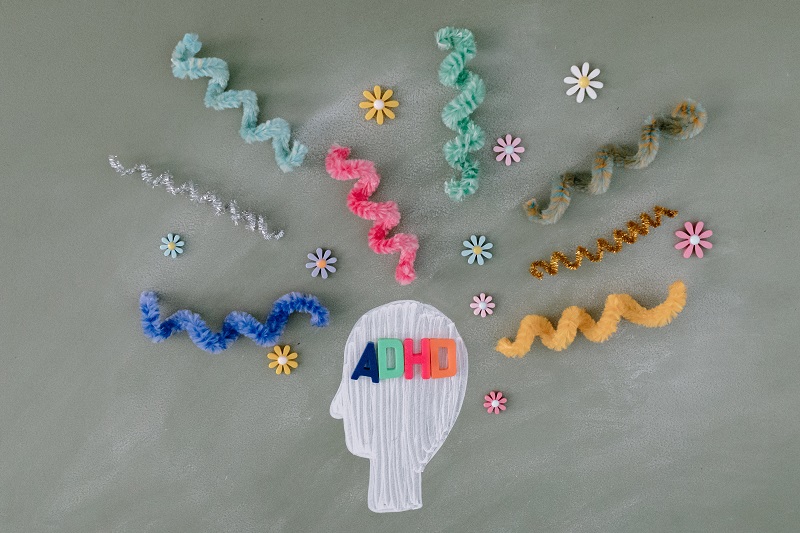
Having a child with ADHD can be difficult and overwhelming. Everyday tasks like getting ready in the morning or doing chores can be stressful.
Some people use the term ADHD to describe kids who behave badly or have lots of energy. But not everyone knows what ADHD really is, how it affects people, where it comes from, or how it can be treated.
Believing in myths about ADHD can make you or your child feel ashamed and prevent you from getting the right treatment. In this article, we will explain some of the most common myths about ADHD and set the record straight.
ADHD is NOT a Result of Bad Parenting
Many people believe that ADHD is caused by poor parenting. This is a harmful myth and it is completely wrong.
Scientific research shows that ADHD is not caused by bad parenting. It is a condition that affects the brain’s ability to control behavior. ADHD can be passed down through families, but it is mostly due to biology, not how parents raise their children.
We need to stop blaming parents for their child’s ADHD and focus on finding ways to help them manage the condition.
ADHD is NOT a Disease
Attention Deficit Hyperactivity Disorder, or ADHD, is a condition that affects the brain. People with ADHD may have trouble focusing and paying attention. They might also feel restless or impulsive. This is because their brain chemicals, called dopamine and norepinephrine, are not balanced.
There is no cure for ADHD, but the symptoms can be managed. People with ADHD can get help from a therapist, take medication, or do both. They will still have ADHD for the rest of their life, so they need to learn ways to deal with it.
ADHD is NOT Laziness
Some people think that those with ADHD are lazy, which doesn’t make sense because it’s a disorder that causes hyperactivity. However, people with ADHD can appear lazy because their brains are always active and moving too quickly.
Before being diagnosed with ADHD, people with this disorder struggle to pay attention and focus. Even though their brains are working hard, they find it hard to finish tasks on time. Others might see them as being lazy, but in reality, they are just struggling to stay focused, which makes it hard to complete tasks.
ADHD is NOT Always Obvious
It’s not okay to judge people based on their mental health just by looking at them. ADHD is a disorder that affects how our brain works, just like other mental illnesses, and we can’t see it from the outside. It’s not fair to assume someone doesn’t have ADHD just because they don’t show any visible signs, especially if they have already been diagnosed.
Only qualified mental health professionals can diagnose ADHD, not just anyone who thinks they know what the symptoms are. They use a specific set of criteria to evaluate a person’s functioning and see if they meet the standard for an ADHD diagnosis.
There’s also a type of ADHD called predominantly inattentive presentation that has its own set of symptoms that can’t be easily seen just by looking at someone.
ADHD is NOT Just a Childhood Condition
Many people think ADHD is a disorder that only affects children, but that’s not entirely true. Although many are diagnosed with ADHD during childhood when school becomes more challenging, ADHD is a lifelong condition.
Even when people with ADHD grow up, they will still have the disorder. However, the symptoms of ADHD can change as people get older and their responsibilities change.
With the right support and help, people with ADHD can learn to manage their symptoms and reduce their negative impact on daily life.
There are many myths surrounding ADHD but knowing the facts can help you become an advocate for your child with this diagnosis. With the correct support and treatment, it is very possible for your child with ADHD to live a productive, successful and happy life.
If you are a parent of a child with attention difficulties, know that there is hope. Reach out to us today and we can partner with you to help your child manage his or her ADHD symptoms.
Written by: Alex Liau
Published on 28 June 2023





